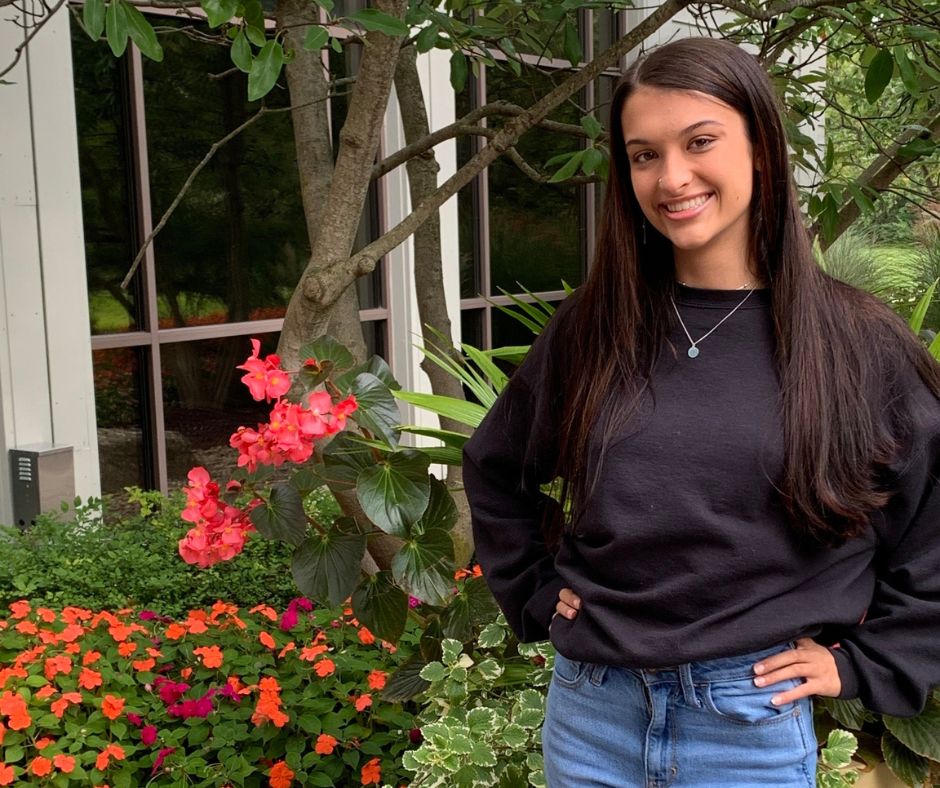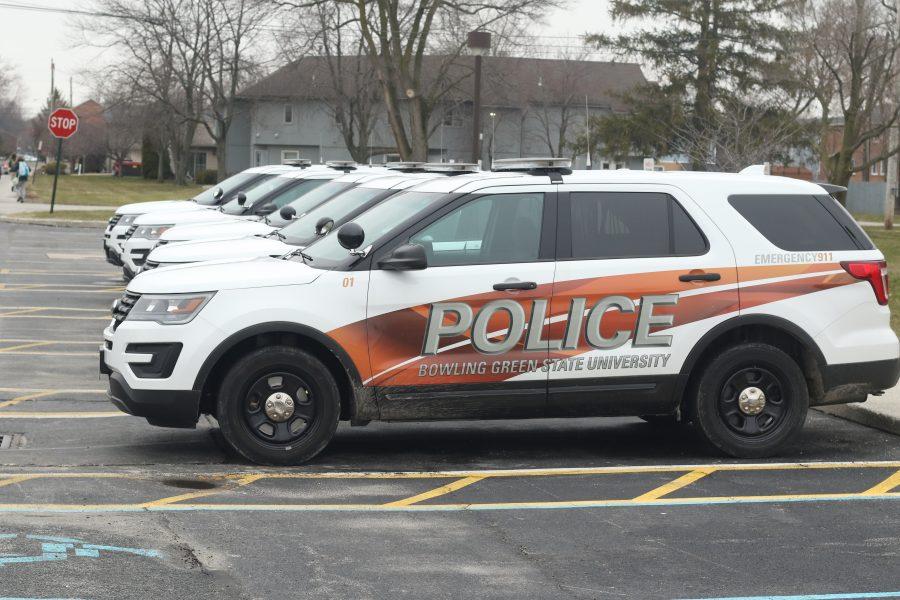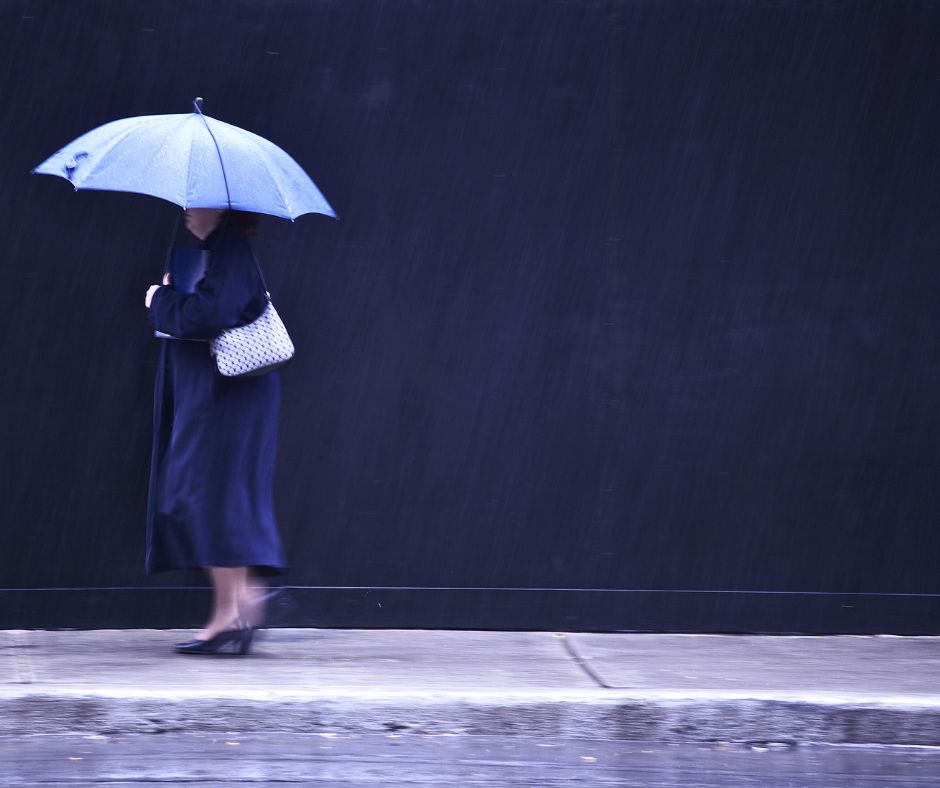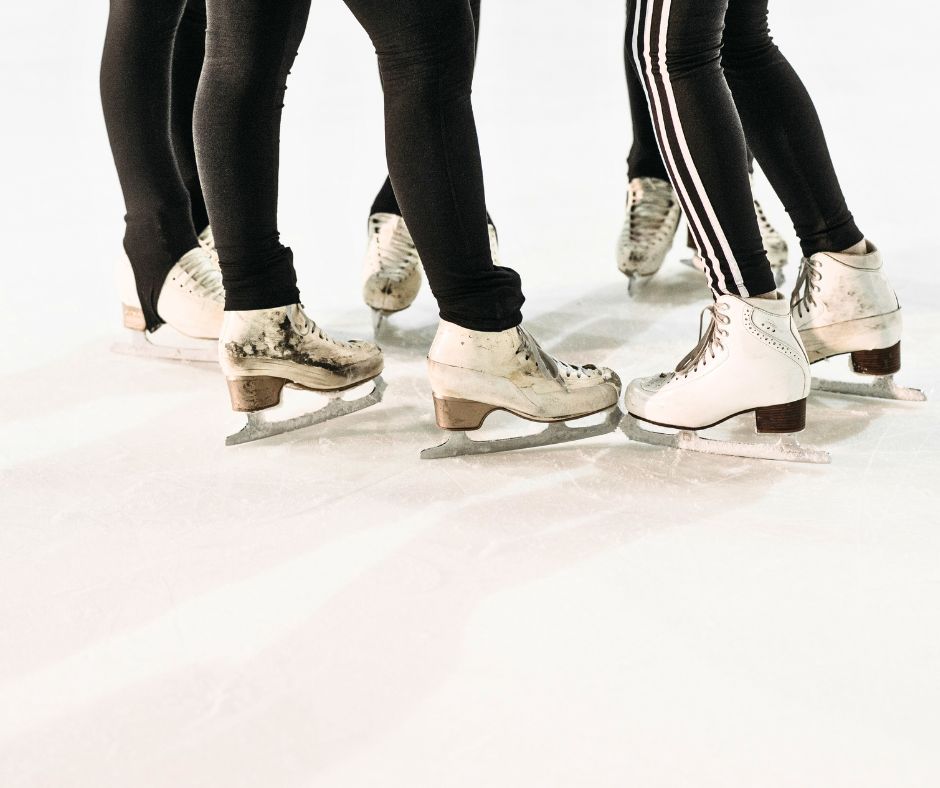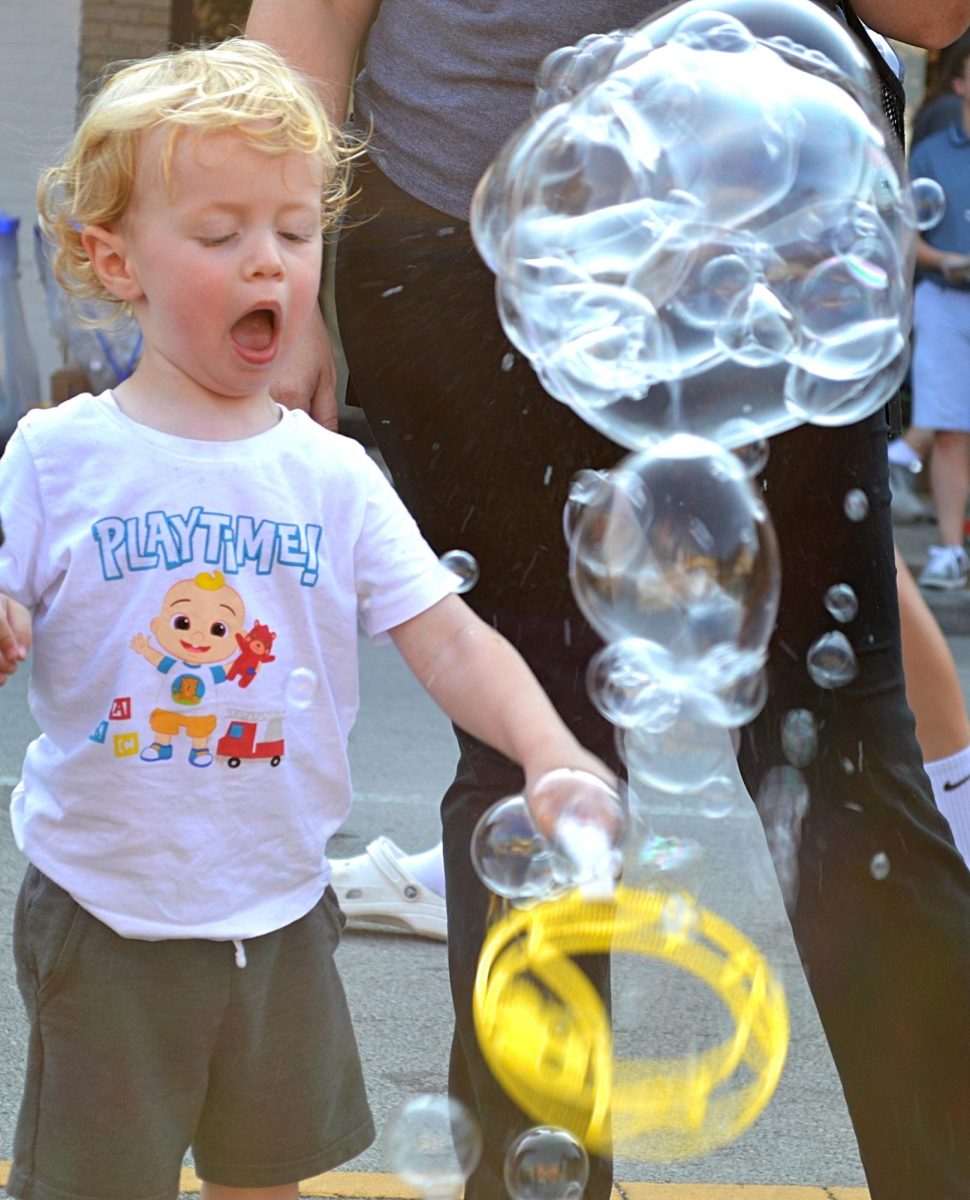“The Vagina Monologues” hits the stage in February, coming to the University once again to celebrate womanhood.
The play, while blunt in its frank discussion of female sexuality, could definitely have women and men thinking outside the box.
“People come up to us every year. I’ve had people say ‘wow, I’ve never thought of it that way before,’” the production’s creative director Elle Fullencamp, said.
One of Vagina Monologues’ actresses agreed with her.
“It sounds taboo,” sophomore Riley Powers said. “When I talk to my friends about it, it’s completely weird. It shouldn’t be a weird thing to talk about.
Award-winning Eve Ensler created “The Vagina Monologues” back in 1996, and since then it’s been a national hit.
Students, for $8, and community members, for $10, can watch the play Friday and Saturday, Feb. 24-25 at 8 p.m., and Sunday, Feb. 26 at 3 p.m., in Olscamp 101. The doors open a half hour early each night.
Although FORCE, the feminist organization in charge of the play this year, doesn’t currently have tickets up for sale, it plans to announce when tickets are available over social media, including the play’s Facebook page.
The Vagina Monologues’ Co-Director, Senior Kendall Lake had nothing but good things to say about her experience.
“It has such a legacy behind it. It shows people why women are important,” Lake said.
Even though the play has previously had a higher female turnout each year, Lake said it was important for men to watch the performance as well.
“My own Dad refuses to come to the show,” she said, laughing a little. “He’s put off by the name.”
If men choose to brave the female-dominated play, the co-director said they’ll be able to better understand their mothers, sisters and partners.
“They’ll also understand why women’s health care is so important,” Lake said, with a nod to America’s bipartisan debate over universal health care.
Though a major point of the play is to get people comfortable with talking about vaginas, but there is more to it than just that.
It nitpicks and analyzes pain, discrimination, romance, sex and periods. The monologues, from women of all ages and backgrounds, can either be playful and funny, or depressing and serious.
“You don’t see it, you don’t think about it, it’s just there,” an actress said during rehearsal, reading a line of the script.














